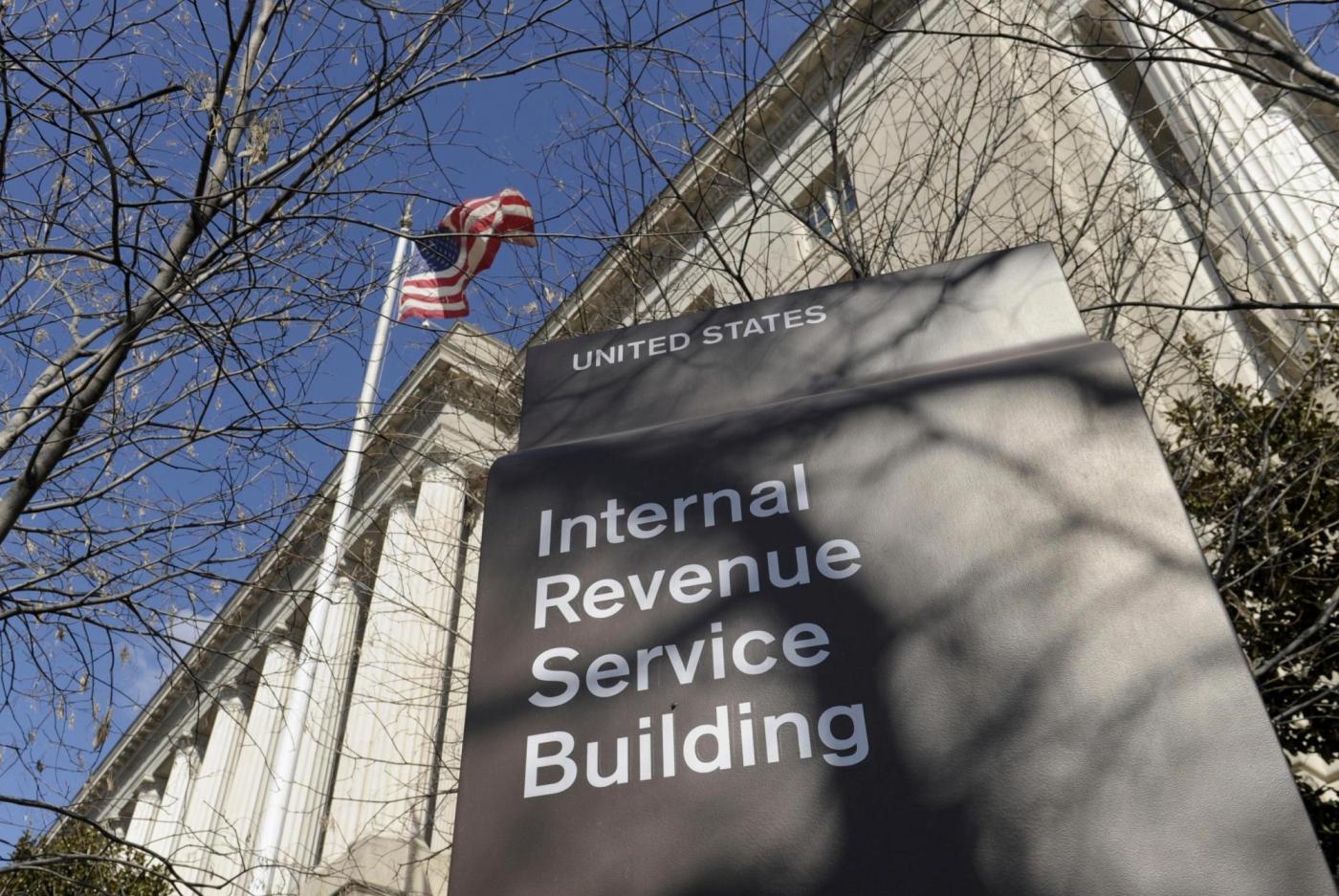
Flint: Make the IRS pay its fair share
If one were to believe the Internal Revenue Service, the agency is a beacon of transparency and accountability, carrying out a mission to provide taxpayers with “top-quality service” and a culture guided by “honesty and integrity.”
Meanwhile, reports showed that nearly 6,000 workers providing services to the IRS owed $50 million in back taxes. For this and a host of other reasons, the IRS remains the least trusted agency in the federal government, and one in dire need of accountability.
The IRS’s lack of public trust is an issue of its making. From blatant political targeting and its guilty-until-proven-innocent enforcement to its vague interpretations of tax law and make-it-up-as-they-go-along rulemaking, the IRS has created a broad sense of fear and uncertainty for taxpayers, businesses and nonprofit organizations.
We have countless examples of targeting, including the recent intentional data leak of taxpayer information, including President Trump’s, at the hands of IRS contractor Charles Littlejohn.
Worse, many view the IRS’s longtime enforcement efforts as discriminatory. Before the administration began its push to cut the agency’s bloated workforce, the IRS had enjoyed billions in additional funding and personnel aimed at going after wealthy tax filers. However, 63% of new IRS audits during this time still targeted middle-class Americans making less than $200,000 annually. That’s because lower and middle-income taxpaying families cannot afford to defend themselves and prove their innocence.
In September 2023, the IRS created a new pass-through audit team to target businesses involved in such partnerships. Some believe it was created as a means to target higher-income individuals, including Trump’s business contemporaries. Such behavior falls squarely within the Jan. 20 executive order “Ending the Weaponization of the Federal Government,” and the pass-through audit team should be disbanded.
America’s small businesses bear the brunt of IRS discriminatory enforcement. With most family enterprises surviving payroll to payroll, the prospect of an unexpected IRS audit, inquiry or change in tax treatment creates a cloud of stress and uncertainty that limits growth. Rather than serving as a resource, the IRS is a constant threat to such mom-and-pop operations, making it harder to expand and create jobs. A Feb. 28 Rasmussen poll found 33% of Americans fear the IRS will audit them, even though a vast majority pay taxes honestly.
The arrogance of the IRS should shock the conscience of all Americans. The agency harasses the middle class, politically targets opponents and permits bureaucrats to drown taxpayers in a blight of red tape. It desperately pushes a narrative of a responsible agency that pursues wealthy tax cheats, but the reality is that your elderly aunt or uncle is more likely to be audited than Jeff Bezos — and certainly more likely than IRS workers themselves.
Chuck Flint is the executive director of the Alliance for IRS Accountability/InsideSources

